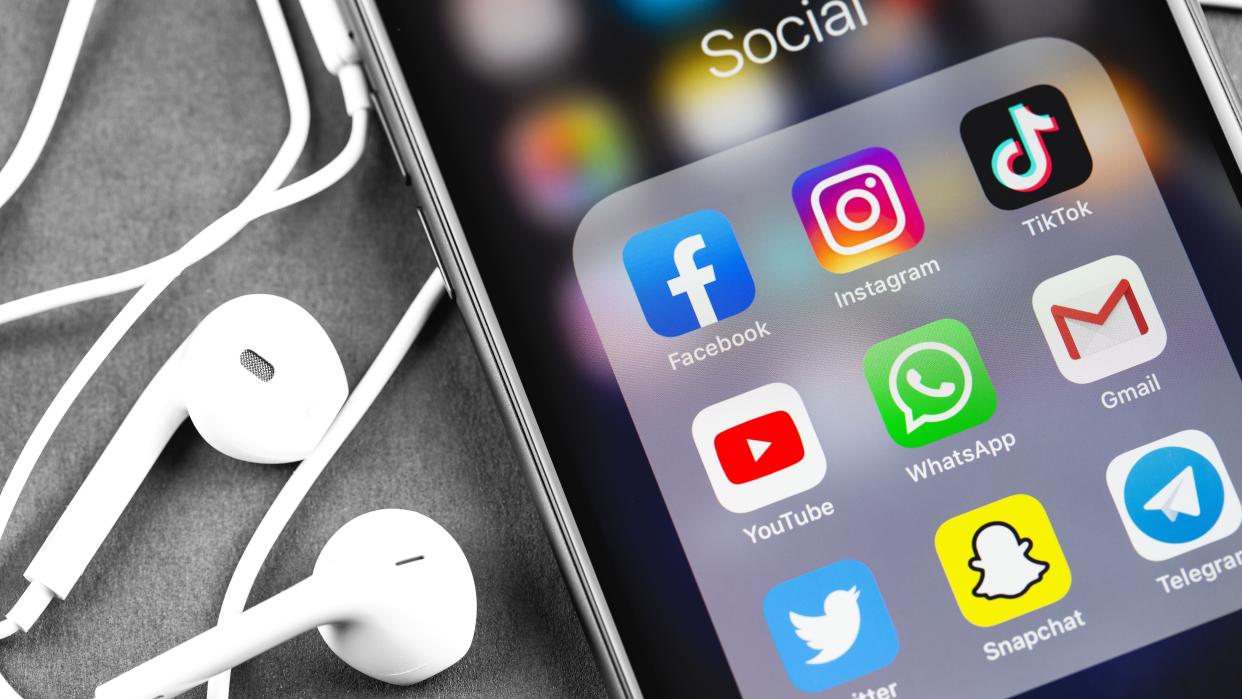Social media drove British teen Molly Russell to suicide, coroner says
Pictures of nooses, razor blades and pills on popular social media sites helped drive British teen Molly Russell to take her own life, a north London coroner ruled.
“It’s likely the material viewed by Molly… affected her mental health in a negative way and contributed to her death in a more than minimal way,” senior coroner Andrew Walker said Friday, according to British media.
“It would not be safe to leave suicide as a conclusion. She died from an act of self-harm while suffering from depression and the negative effects of online content.”
Molly was 14 when she took her own life in her home on Nov. 20, 2017. Before her death, she viewed a steady stream of self-harm and suicide content on Instagram and Pinterest, authorities said.
“She had access to images, video clips and text concerned with self-harm and suicide, or that were otherwise negative or depressing in nature,” Walker said.

Social media directly led to British teenager Molly Russell taking her own life in 2017, according to a coroner.
Her death led to a years-long inquest in the U.K.
Walker, the coroner, said Russell was exposed to “binge periods” of suicidal content.
“These binge periods are likely to have had a negative effect on Molly,” he said, according to the BBC. “Some of this content romanticized acts of self-harm by young people on themselves. Other content sought to isolate and discourage discussion with those who may have been able to help.”
The investigation found that Russell viewed 16,000 images online in the six months before her death, and 2,100 of those images were related to self-harm, depression or suicide, CBS News reported.

Molly was 14 when she took her own life in her home on Nov. 20, 2017. Before her death, she viewed a steady stream of self-harm and suicide content on Instagram and Pinterest, authorities said.
Molly’s father, Ian Russell, established a foundation in her name, with the goal of preventing young people from taking their own lives.
“We hope that the scrutiny this case has received will help prevent similar deaths encouraged by the disturbing content that is still to this day available on social media platforms, including those run by Meta,” Ian Russell told the BBC, referencing Instagram’s parent company.
“It’s time to protect our innocent young people, instead of allowing platforms to prioritize their profits by monetizing their misery.”
